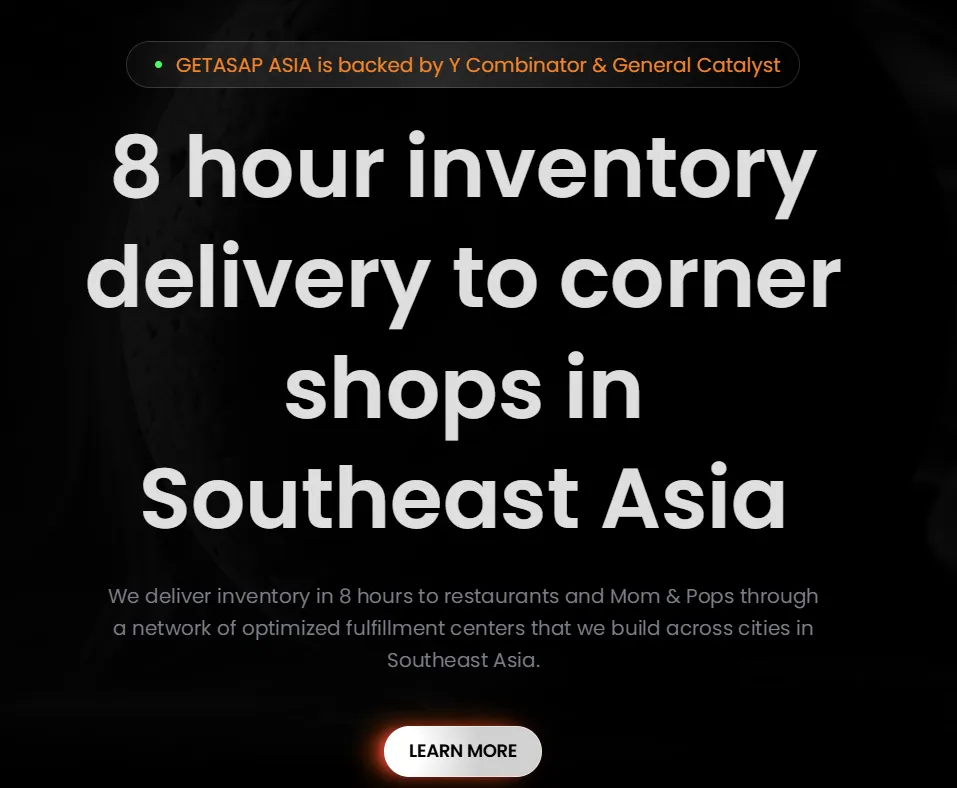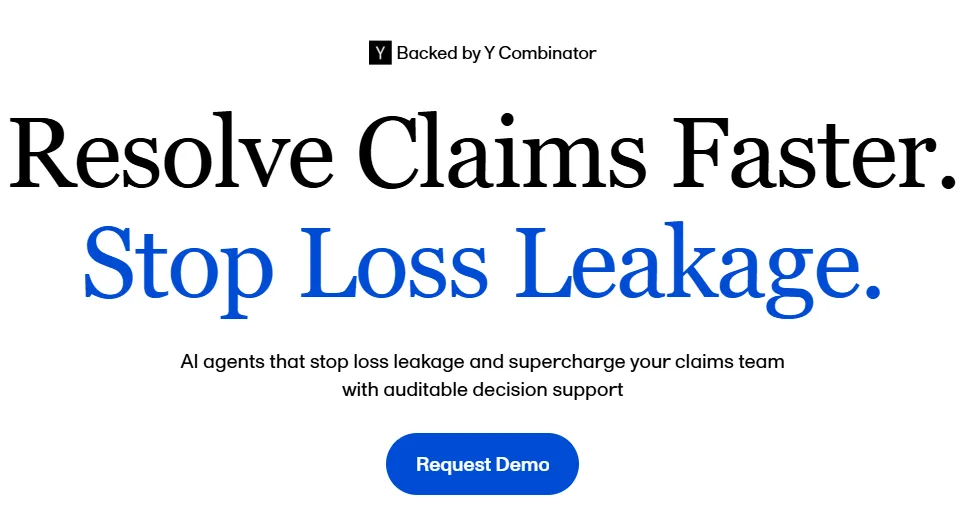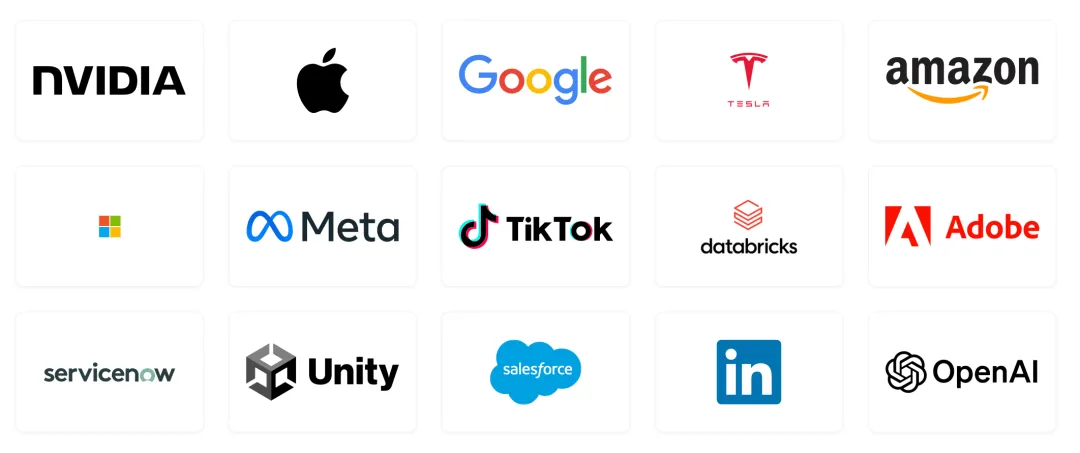YC’s Cutting-Edge Trend: 9 Startups That Top Venture Capital Firms Are Backing
Each year, YC Demo Day sets the tone for global venture investing—it’s the stage that launched Airbnb, Dropbox, and now, serves as the AI era’s proving ground for startup muscle.

Last week, the YC Summer 2025 Demo Day concluded with over 160 startups taking the spotlight. This year’s batch marked a clear shift: rather than focusing on “AI-powered” products, many teams are now creating AI agents or developing the underlying infrastructure and tools those agents require.
SuiTu connected with several dedicated YC-focused investors to get their picks for the most interesting startups and the ones attracting top investment buzz. Use this as a launchpad for deeper analysis and sharper insights.
Autumn

Business: Stripe-style payment and billing solutions built for AI startups.
Why it leads: AI startups often wrestle with complex pricing—combining seat-based subscriptions, usage billing, credits, and add-ons. Managing this on Stripe is manual and time-consuming.
Autumn provides open-source infrastructure to simplify Stripe integration for AI startups. Already used by hundreds of AI apps and 40 YC companies, Autumn rides on Stripe’s payment dominance and AI’s hypergrowth. Could a billing solution tailored for AI be the next fintech breakout?
Dedalus Labs

Business: Building the “Vercel” for AI agents—automated infrastructure for development and deployment.
Why it leads: As Vercel makes website deployment seamless, Dedalus Labs aims to automate the infrastructure for AI agent creation, turning hours of coding into a matter of clicks. The platform manages scaling and load balancing, making agent deployment both fast and simple.
Design Arena

Business: Crowdsourcing rankings for “vibe coded” design work generated by AI.
Why it leads: AI can churn out massive volumes of design, raising the problem of assessing true quality. Design Arena crowdsources rankings for AI-generated visuals, creating a feedback loop that pushes AI models to improve. Top AI labs, eager to train their models for better design, are already clients.
Getasap Asia

Business: Technology-driven distributor serving Southeast Asian retail.
Why it leads: Founded by Raghav Arora at age 14, Getasap Asia leverages tech to deliver supplies in eight hours to a spectrum of retailers—from corner shops to large supermarkets—across Southeast Asia, generating millions in revenue. With recent funding from General Catalyst and one of the highest valuations in this YC cohort, Getasap Asia stands out as a top performer.
Keystone

Business: AI engineer for patching software bugs in live environments.
Why it leads: Keystone, founded by 20-year-old Pablo Hansen—fresh off an AI master’s degree—targets software reliability. Its AI hunts down and fixes issues for clients like Lovable, and the team has already declined a multi-million-dollar acquisition offer.
RealRoots

Business: AI-driven friend matchmaking platform for women.
Why it leads: RealRoots tackles loneliness beyond dating. Its AI matchmaker “Lisa” interviews users and coordinates social experiences, connecting women with compatible friends.
While Lisa’s AI interactions may not yield insights far beyond survey responses, RealRoots appears on the right track. Last month alone, the startup claims $782,000 revenue from 9,000 paying customers.
Solva

Business: Automating insurance claims using AI.
Why it leads: Solva streamlines repetitive insurance claims—from complex form completion to fraud prevention—with AI. In only ten weeks since launch, Solva hit $245,000 ARR, a pace that’s energized investors.
Pingo AI

Business: AI-powered foreign language tutor for spoken practice.
Why it leads: While apps like Duolingo make learning fun, they lack continuous speaking drills. Pingo solves this via AI-led real-time spoken exchanges, simulating native interaction. The model is catching fire, with 70% monthly growth and $250,000 in monthly revenue.
Here’s a snapshot of the highest-profile projects. But for savvy investors, the real value lies deeper. SuiTu and its expert advisors have distilled four core trends—your gateway to understanding Silicon Valley’s current innovation climate. 1. From “enablement” to “native” and “agent” This YC batch signals a shift: startups are moving beyond bolting “AI features” onto existing tools—they’re building AI-native apps and AI agents that autonomously execute tasks. Examples include Keystone’s “AI Engineer” and Solva’s “AI Claims Adjuster”—digital employees that directly handle workflows. The competitive moat is evolving from “data ownership” to “process redesign,” bringing new market disruption and monetization potential. 2. Rise of infrastructure and toolchains In the AI gold rush, “picks-and-shovels” (tools and platforms for builders) remain hot, growing more specialized. Autumn tackles AI billing complexity; Dedalus Labs lowers AI agent dev barriers; Design Arena advances quality assessment for AI content. Investing here means betting on the whole AI vertical: infrastructure providers profit from every wave of AI adoption. 3. Verticalization and critical use-cases for AI AI is leaping from generic chat and illustration to vertical, high-value industries—solving costly, targeted problems. From Solva in insurance, Pingo AI in language education, to Perseus Defense for military, the common thread is clear business models and strong client demand. Investors now prize startup execution—companies like Solva deliver robust ARR just weeks after launch. 4. Outsider tracks and model innovation Despite AI’s dominance, YC’s highest-valued Getasap Asia is a “tech-enabled traditional sector transformation.” RealRoots, driven by social needs, shows business innovation can outshine tech novelty—demonstrating enormous energy when real human pain points are addressed. The takeaway for investors: look past pure tech worship, and stay grounded in business fundamentals.
Conclusion
These trends expose the strategies behind public investment narratives, but real decisions demand answers to deeper questions:
How defensible is Keystone’s technology? What’s Solva’s customer acquisition cost—and can it scale? How will Autumn monetize its open-source tech?
There’s no public report with definitive answers—only direct dialogue with founders, first-round investors, or technical insiders can deliver true insight.
When your team debates technical direction, investment decisions stall, or strategy grows murky—remember, your uncertainty may be ground that top experts have already charted. At SuiTu, we believe firsthand experience always comes from the true drivers of industry change.
SuiTu’s network connects over 30,000 top Silicon Valley executives, technical authorities, leading academics, and founders—experts with deep experience and direct involvement in shaping the future of tech.

If you need trusted, one-on-one strategic or technical consultation with the industry’s brightest minds, scan the QR code below now. We’re helping you tap into global expertise to make more informed, forward-looking decisions in volatile markets.
Notices:
- This article is reprinted from [SuiTu]. Copyright remains with the original author [SuiTu]. For reprint or copyright concerns, please contact the Gate Learn team for timely resolution.
- Disclaimer: The views and opinions expressed are the author’s own and do not constitute investment advice.
- Other language versions are translated by Gate Learn. Do not reproduce, distribute, or plagiarize translated content unless explicitly referencing Gate.
Related Articles

The Future of Cross-Chain Bridges: Full-Chain Interoperability Becomes Inevitable, Liquidity Bridges Will Decline

Solana Need L2s And Appchains?

Sui: How are users leveraging its speed, security, & scalability?

Navigating the Zero Knowledge Landscape

What is Tronscan and How Can You Use it in 2025?
